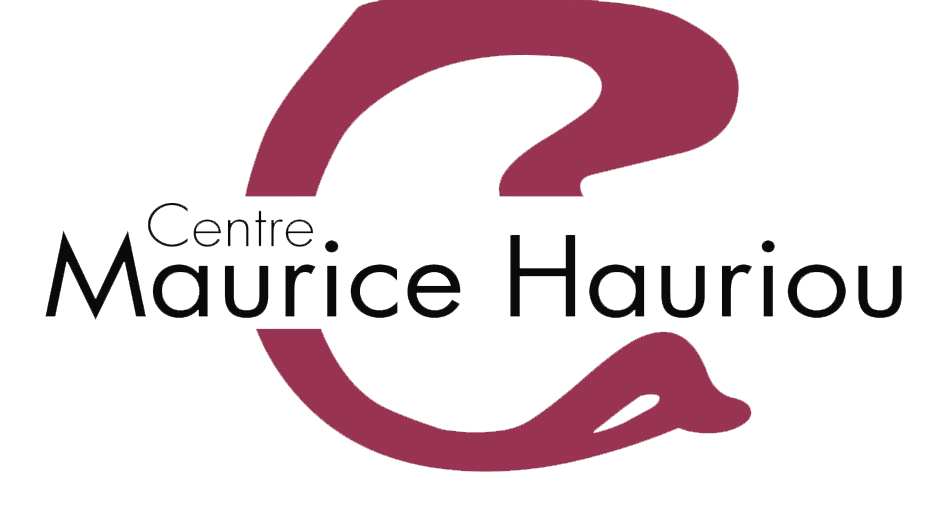Project focusing on mediation, monitoring, visibility, advocacy, and knowledge sharing to improve the private sector’s contribution to artists and the cultural and creative industries.

The CSSC project was selected in March 2023 by Paris Cité University as part of STRATEX funding from the French government’s Investissements d’Avenir program (PIA, Investments for the Future Program), as a project with high potential for commercial value or impact.
The CSSC project draws on existing definitions in international law, in particular the notion of « cultural diversity » established in Article 4.1 of the 2005 UNESCO Convention on the Protection and Promotion of the Diversity of Cultural Expressions. Cultural diversity refers to the « manifold ways in which the cultures of groups and societies find expression ». It is a dynamic and evolving concept, based on transmission between and within groups. « Cultural diversity is made manifest not only through the varied ways in which the cultural heritage of humanity is expressed, augmented and transmitted through the variety of cultural expressions, but also through diverse modes of artistic creation, production, dissemination, distribution and enjoyment, whatever the means and technologies used ».
The project was prompted by several observations:
-
Culture, cultural diversity, and cultural actors are driving forces behind the transformation of our societies and the pursuit of other sustainable development goals;
-
Companies are major players in changing our societies in favor of sustainable development objectives;
-
Corporate sustainability strategies are increasingly focused on diversity, equity and inclusion (DEI);
-
Cultural institutions are struggling to highlight and make the sponsorship they receive from the private sector more visible;
-
The COVID-19 crisis has accentuated the need to seek innovative and complementary support for artists and the cultural and creative industries.
Since June 12, the project has been hosted at the Maurice Hauriou Center for Public Law Research (URP 1515) and led by Lilian Richieri Hanania, attorney, mediator, researcher and lecturer at Paris Cité University, and Anne-Thida Norodom, Professor of Public Law at Paris Cité University and Deputy Director of the Maurice Hauriou Center.
Project objectives
The CSSC project aims to encourage the inclusion of culture and cultural diversity in corporate sustainability strategies by:
Questioning and listening to identify the interests of the private and cultural sectors, using project mediation techniques:
– with a sample of companies subject to extra-financial/sustainability reporting obligations;
– with representatives of the cultural sector;
– with local authorities with a clear interest in sustainable development, culture, and cultural diversity.
Developing a reporting grid and guidelines for the private sector, with a rating methodology integrated to a data collection platform. Based on an impartial rating system, this platform will make it possible to:
– produce useful reports for companies;
– make all initiatives in favor of cultural diversity visible and therefore comparable within companies (for example, efforts in recruitment, intercultural management and intercultural communication) as well as outside these companies, whether with communities, artists, cultural institutions, associations, local and national governments or international organizations;
– track the progress made by each company over time and highlight it.
Developing a communication toolkit on the importance of cultural diversity for sustainable development that is easily applicable to companies and that gradually encourages them, along with the data collection and reporting platform, to invest more and more in cultural diversity.
What can companies do to promote cultural diversity?
Cultural diversity can be promoted by companies in an infinite variety of ways.
Some examples of possible actions for companies:
→ Support the protection and promotion of cultural heritage and all cultural expression conveyed through the arts ;
→ Implement policies and mechanisms to promote intercultural understanding;
→ Promote internal mechanisms for intercultural communication in favor of respecting and valuing cultural differences ;
→ Invest in teaching local or foreign languages within the company itself or in the community in which it operates ;
→ Support the economic viability and vitality of cultural industries, artists and other cultural professionals;
→ Set up technical assistance and training programs to enable professionals to better position themselves on the market, or to reduce the digital divide making it difficult to participate in cultural life online ;
→ Promote entrepreneurship within the cultural sectors through capacity building, coaching in project management, management and business development ;
→ Support cultural events and meetings of artists and other professionals in the cultural sectors;
→ Support associations or non-governmental organizations acting in favor of cultural integration, intercultural dialogue and cultural minorities;
→ Establish dialogue processes with local cultural communities to limit any negative impact the company’s activities may have and produce primarily positive effects, enhancing the value of these communities ;
→ Contribute to international funds in favor of culture and cultural diversity;
→ Share what the company does best with artists, cultural institutions, associations, etc.
Companies, we need you!
We are looking for companies willing to be interviewed to share their initiatives and thoughts on the subject. These companies will receive a series of questions to prepare for one or two interviews, each lasting around 1 hour. Interviews may be conducted by videoconference.
We are also looking for pilot companies to test our deliverables throughout the project. This will involve sharing information on a more regular basis (every 2 months or so) on the progress of the project and asking for opinions and feedback.
